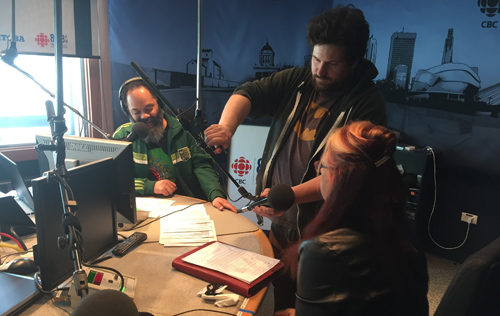Today
the MGEU learned that Main Street Project (MSP) has had its funding cut and
eight MGEU members have been given their layoff notices. It is possible that
two more members may be affected by the cuts.
“This is deeply distressing news,” said Michelle Gawronsky, MGEU President. “MSP helps some of Winnipeg’s most vulnerable citizens in their most desperate times. How can the government turn their backs on people so desperately in need of help?”
She called this a direct hit on front-line public services. “The Premier promised he was going to protect and improve public services and respect those delivering them. Yet so far, his government has directed health regions to slash millions from their budgets, resulting in job cuts, program cuts, ERs closures and now this. It’s bad news for public services in the province.”
At MSP, worker safety will be an even bigger issue now. Instead of working in teams of two, they will be required to work alone.
“These MSP cuts to front-line unionized positions are coming at the same time as the organization is increasing non-unionized management positions. How does this make sense?” Gawronsky said. ““I am again calling on the government to do the right thing and reinstate the funding that has caused these layoffs. Defunding services cannot be a part of a new and improved mental health and addictions strategy.”
About MSP
· Support/crisis workers at MSP support clients with detox, resource access, shelter & food, finding housing, emotional support and positive lifestyle activities. They help people access treatment, monitor and distribute medications and safely supervise intoxicated persons detained by police and maintain that facility.
· Transition workers help people get established to obtain gainful employment, stable housing, access to other supportive & health related resources (mental & physical) and get clients suffering from addictions into detox programs.
· For thousands of vulnerable Manitobans, the Main Street Project has been the difference between spending the night on the street in the bitter cold of winter – to having a roof over their heads in a safe place.

